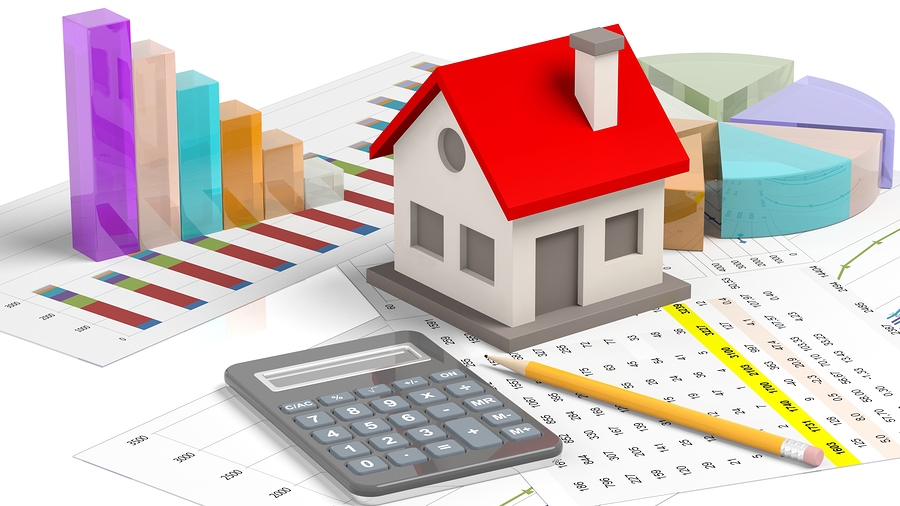What is depreciation?
Depreciation is referred to as the reduction in value of an item or property over its suggested useful life time. It’s common for property investors to use depreciation as a method of maximizing deductions, reducing tax and offsetting their income. When tax time comes around you simply provide your depreciation details to your accountant who will apply the correct figures to your tax return. This is generally done through a depreciation schedule, however in some cases you may be able to provide receipts for works complete – such as receipts for a new kitchen, flooring or other large cost items. In most cases items are claimed over several years, so you may not get the full benefit in the first year – although in some smaller items may be claimed in the first year for their full value.
What is a depreciation schedule?
A depreciation scheduled is a document that sets out the value of your property and the fixtures and fittings within the property. A depreciation schedule essentially identifies all the things that may be claimed against your tax. As a building on has a set depreciable lifespan, its common for new properties to have more depreciable value, as older buildings have likely already used much of its allocated depreciation. Smart property investors will often seek out properties with a high level of depreciation benefits to minimize their tax.
When was the last time your bank manager called you to offer you a better rate – or to tell you their competitor down the road has a much better offer? Get your FREE lender comparison report here!
How do I create a depreciation schedule?
In most cases, you will simply engage a depreciation specialist to create a depreciation report, although in some cases they may be provided by the builder or developer as a bonus incentive. Always ask the developer if they can include a free depreciation schedule – worst case scenario they say no, best case you save yourself the cost of obtaining one.
If you own a new property, preparing a depreciation schedule is much easier as the value of the items can be easily calculated. If you have an older property though, things can become more complicated and that’s why you will require professional help.
A depreciation expert will prepare your depreciation report with respect to maximizing your financial gain in relation to your property assets. And their fees are generally tax deductible.
When should I get a depreciation schedule?
You should prepare a depreciation schedule as soon as soon as you can, preferably before any occupants move in. This will allow you to maximize your tax benefits and will help you to avoid causing any disturbance to your occupants. It may be possible to have your report back dated in some instances if you have forgotten to obtain one at the beginning so make sure you ask your surveyor for details.
Why do I need a depreciation schedule?
One of the frequently overlooked tax deductions you can easily claim on your property investments is depreciation. This is a major reason why you need a depreciation schedule when you purchase a property.
If you don’t have a depreciation schedule you could be missing out on potentially large tax deductions. Make the most of your investment today and consider investing in one. Any depreciation company that is worth their weight will be able to make up their fees in the first years tax return.
Do you want to pay less for your home loan? Compare over 35 lenders and 800 loan products with our FREE lender comparison report!
Good luck!

